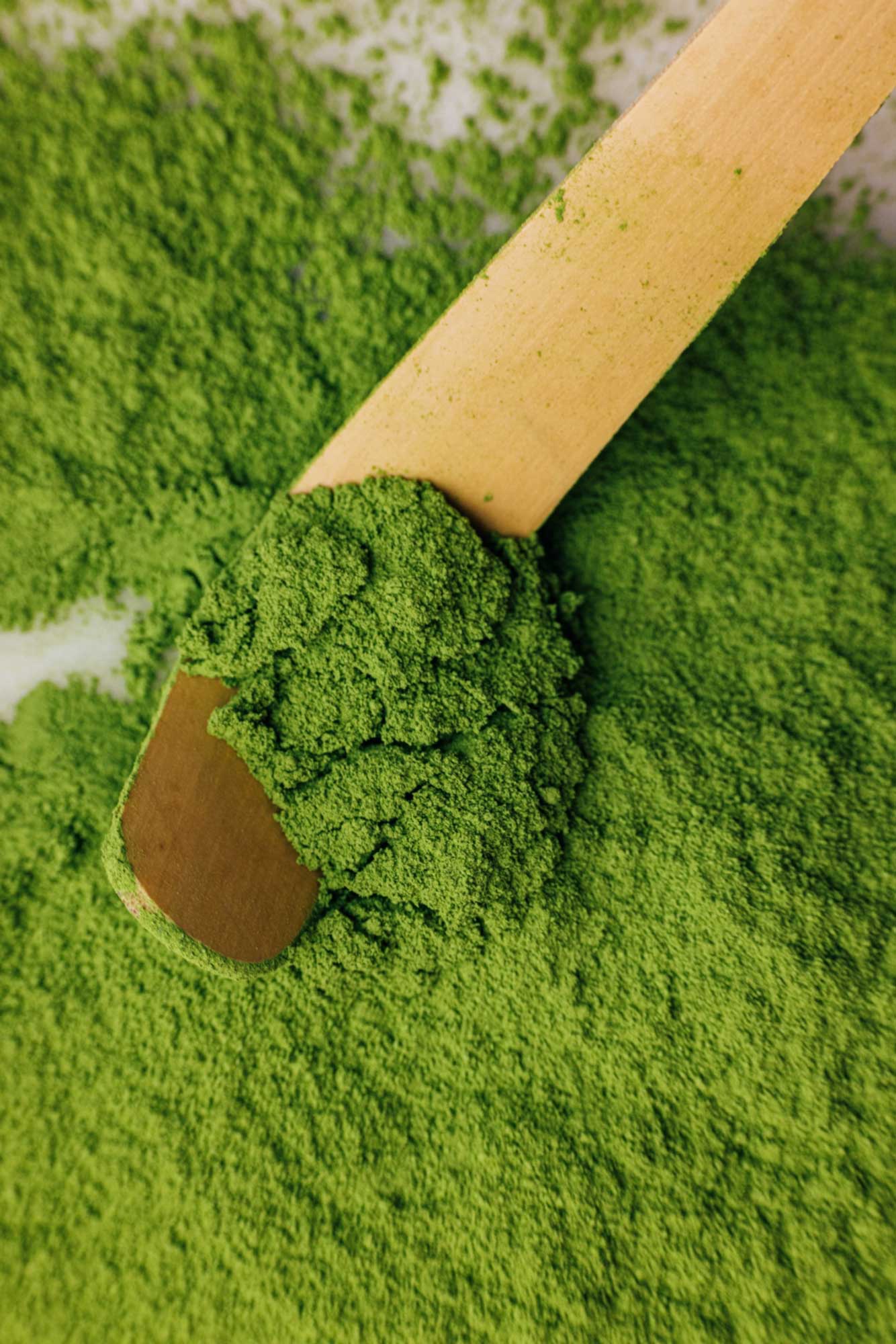
Matcha and its contaminants
What is really in the green tea powder?
Matcha is a high-quality green tea powder from Japan that has gained increasing popularity in recent years. Whether as a superfood or a healthy coffee alternative – Matcha is known for its high nutrient content and antioxidant properties. But what about contaminants in Matcha? Are heavy metals, pesticides, or radioactivity a problem? Here you will learn what to look out for and how our Matcha performed in laboratory tests.
Why pollutants in Matcha are a topic
Since Matcha is made from whole, finely ground tea leaves, you take in all the ingredients of the tea directly – both the positive nutrients and potential harmful substances. Several factors play a role in the production that could lead to contamination.
This can lead to burdens:

Why Bio-Matcha is so important
If you want to be on the safe side, it is absolutely important to choose organic matcha. Organic certified matcha products are subject to strict controls and significantly reduce the risk of pesticide residues and other harmful substances. This is the only way you can enjoy the pure quality of the green tea powder without any concerns.
What can you do to avoid contaminated Matcha?
To ensure that your Matcha is free from contaminants and safe for consumption, you should pay attention to the following criteria:

Origin
Matcha from certified growing areas with regular inspections is particularly trustworthy.
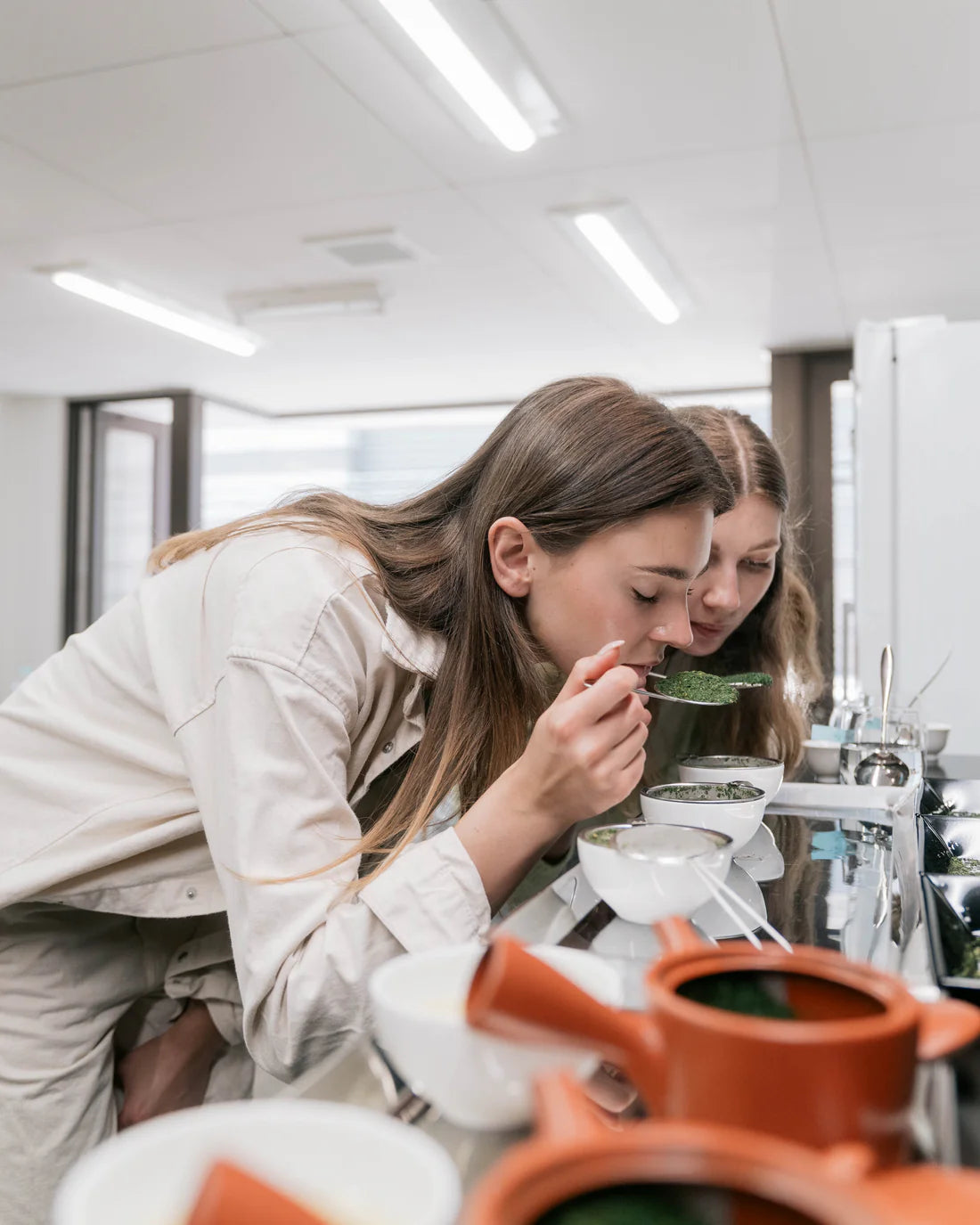
organic certification
Organic matcha is more strictly controlled and reduces the risk of pesticide residues.
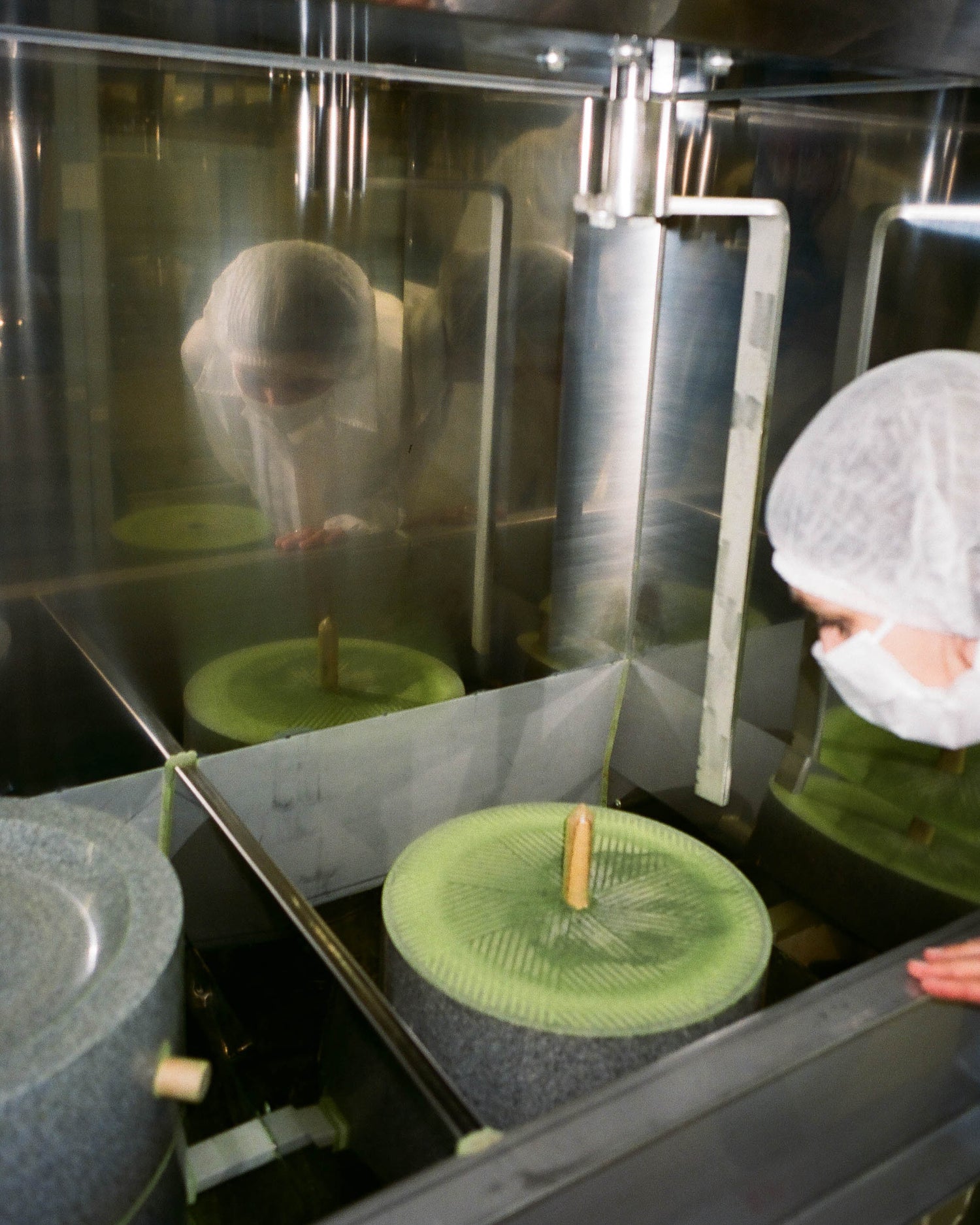
The laboratory analysis
Manufacturers who have independent laboratory tests carried out offer maximum transparency.
Our laboratory test result: Tested Matcha without concerns
Quality and transparency are our top priority
Therefore, our Matcha was carefully tested for possible contaminants in independent, accredited laboratories. Here are the results in detail:
On behalf of the company HEALTH BAR GmbH, the Matcha tea (internal sample number mlsa10018) was analyzed by accredited laboratories for heavy metals (lead, cadmium, arsenic, aluminum, mercury), pesticides (screening of approx. 650 compounds), and radioactivity. It can be confirmed that the product in question complies with the currently valid legal limit values and recommended values for the mentioned parameters. The present sample can be classified as marketable based on the conducted analyses.
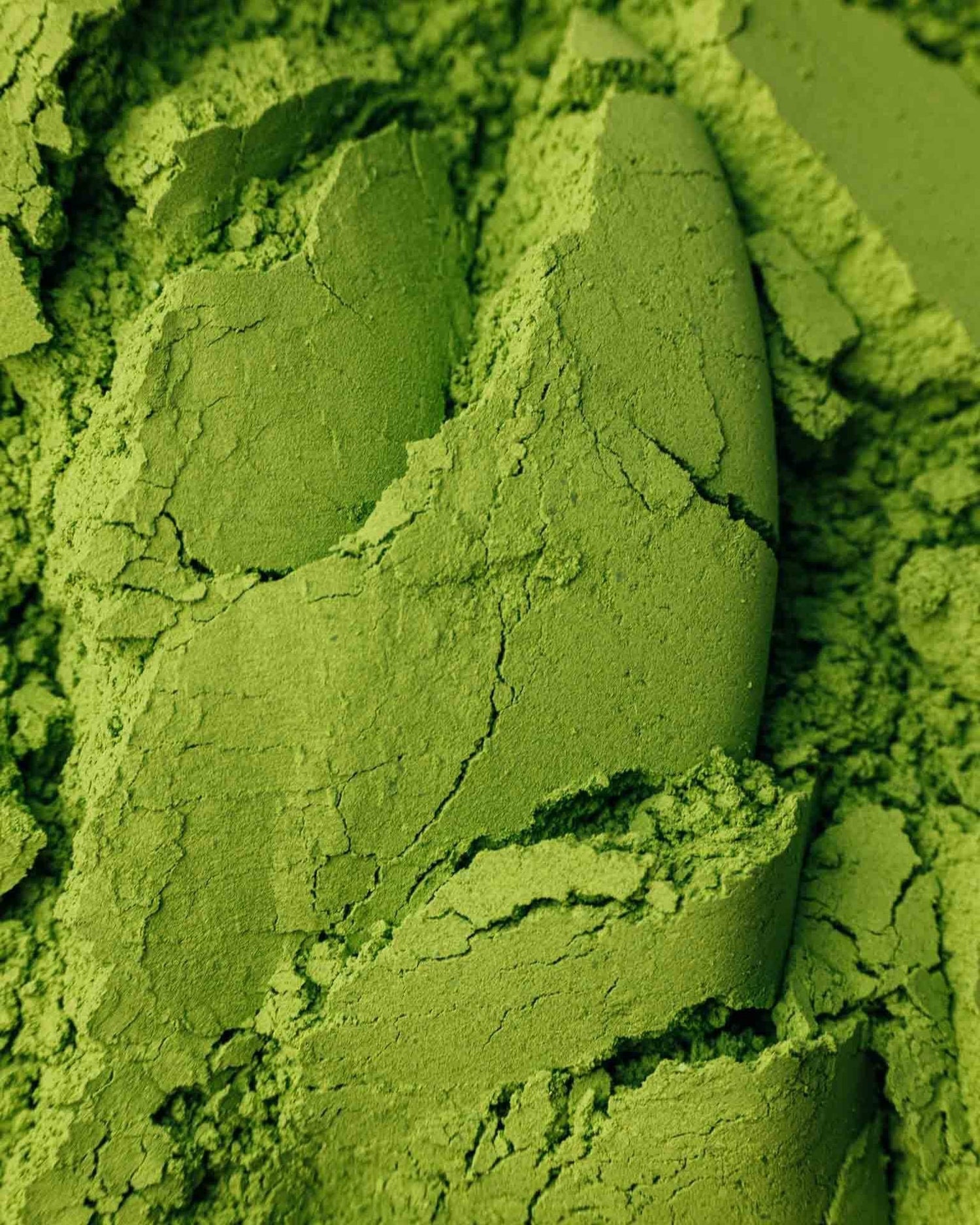
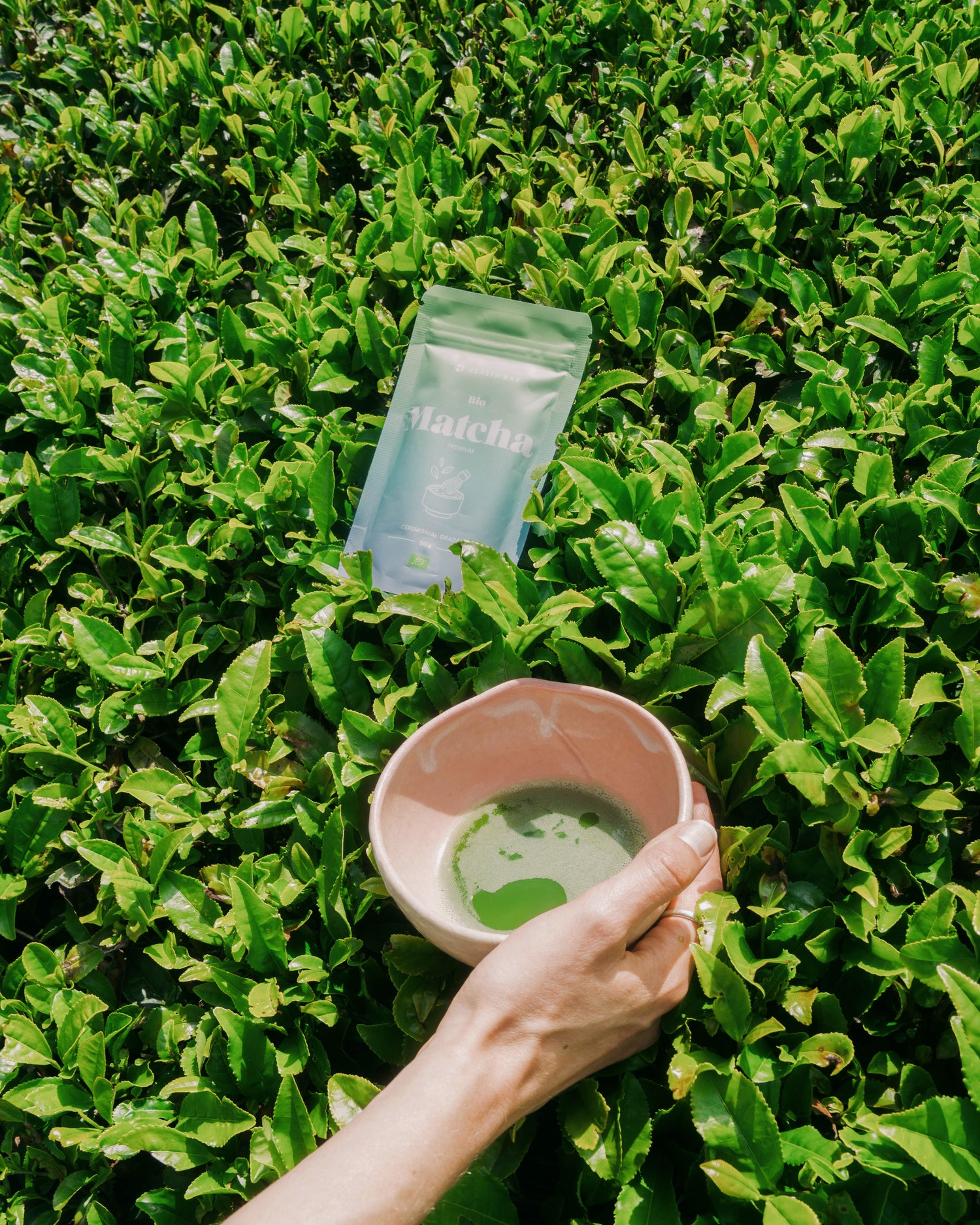
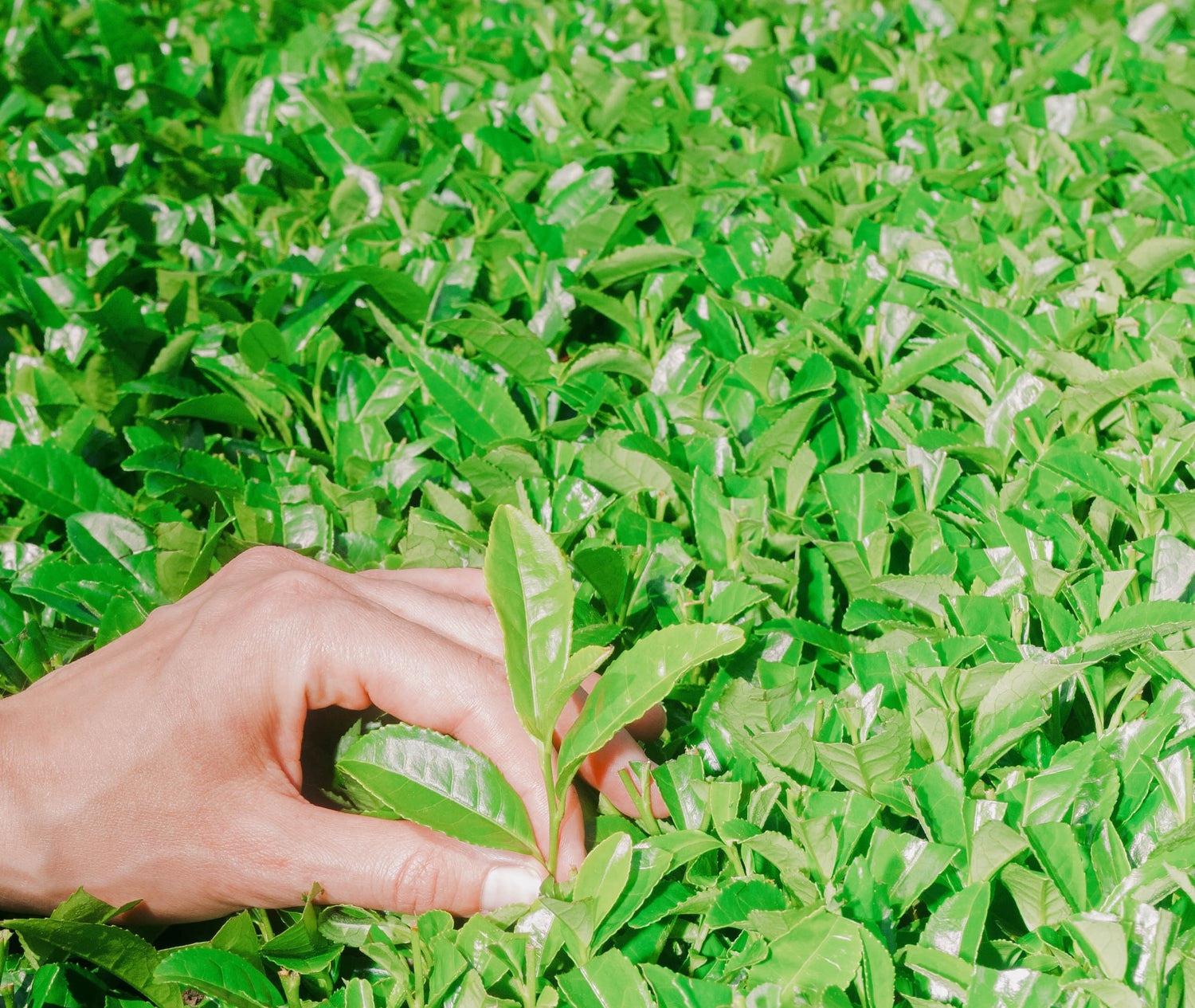
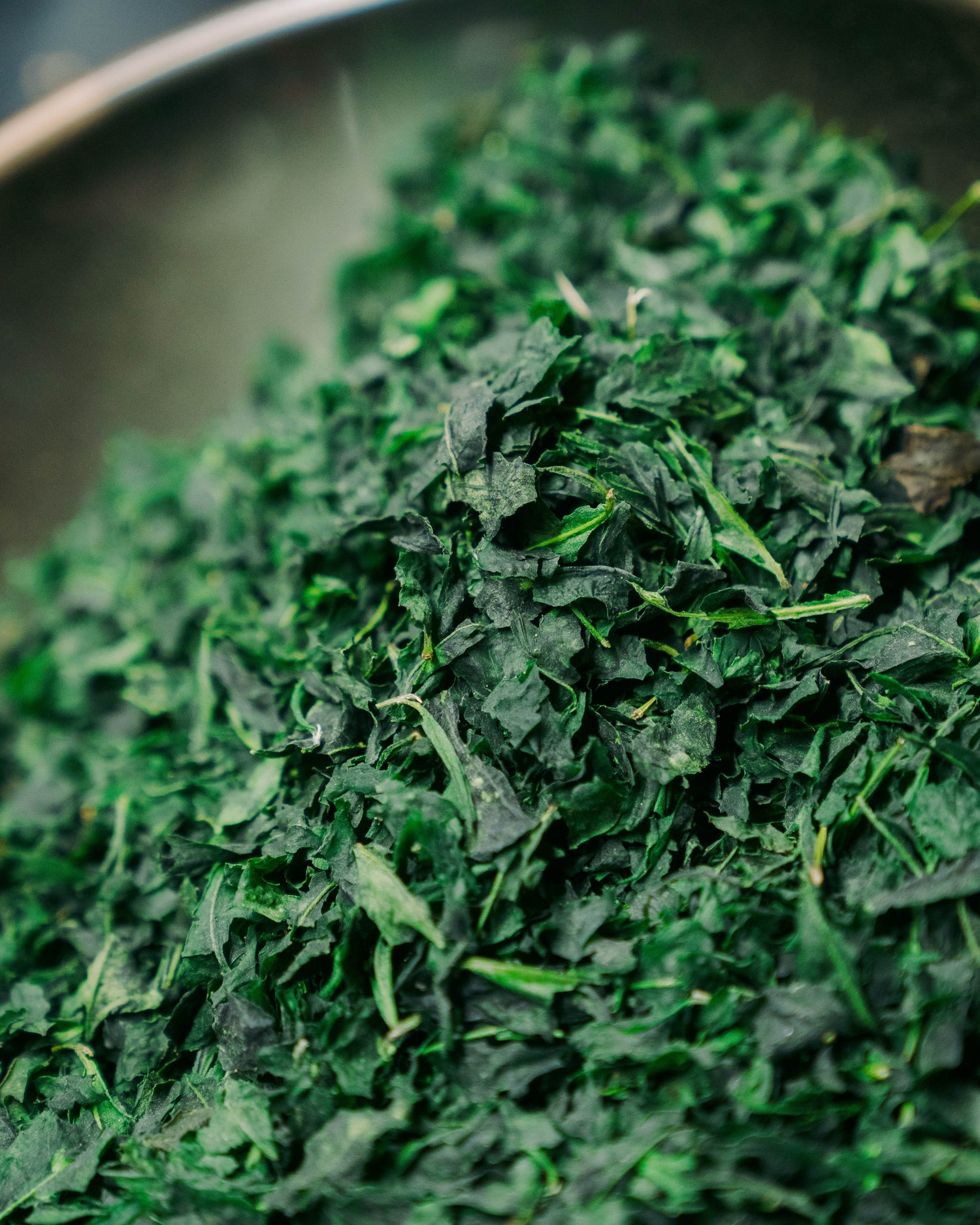
Conclusion: Safe Matcha Enjoyment with HEALTH BAR Matcha
Our Matcha has been extensively tested and meets all legal requirements and safety standards. This means you can enjoy our product without any concerns – full of flavor and free from harmful substances. Whether for the tea ceremony, as an energy boost, or to refine smoothies and desserts: Our Matcha offers you the best quality, combined with complete safety.
More information
-
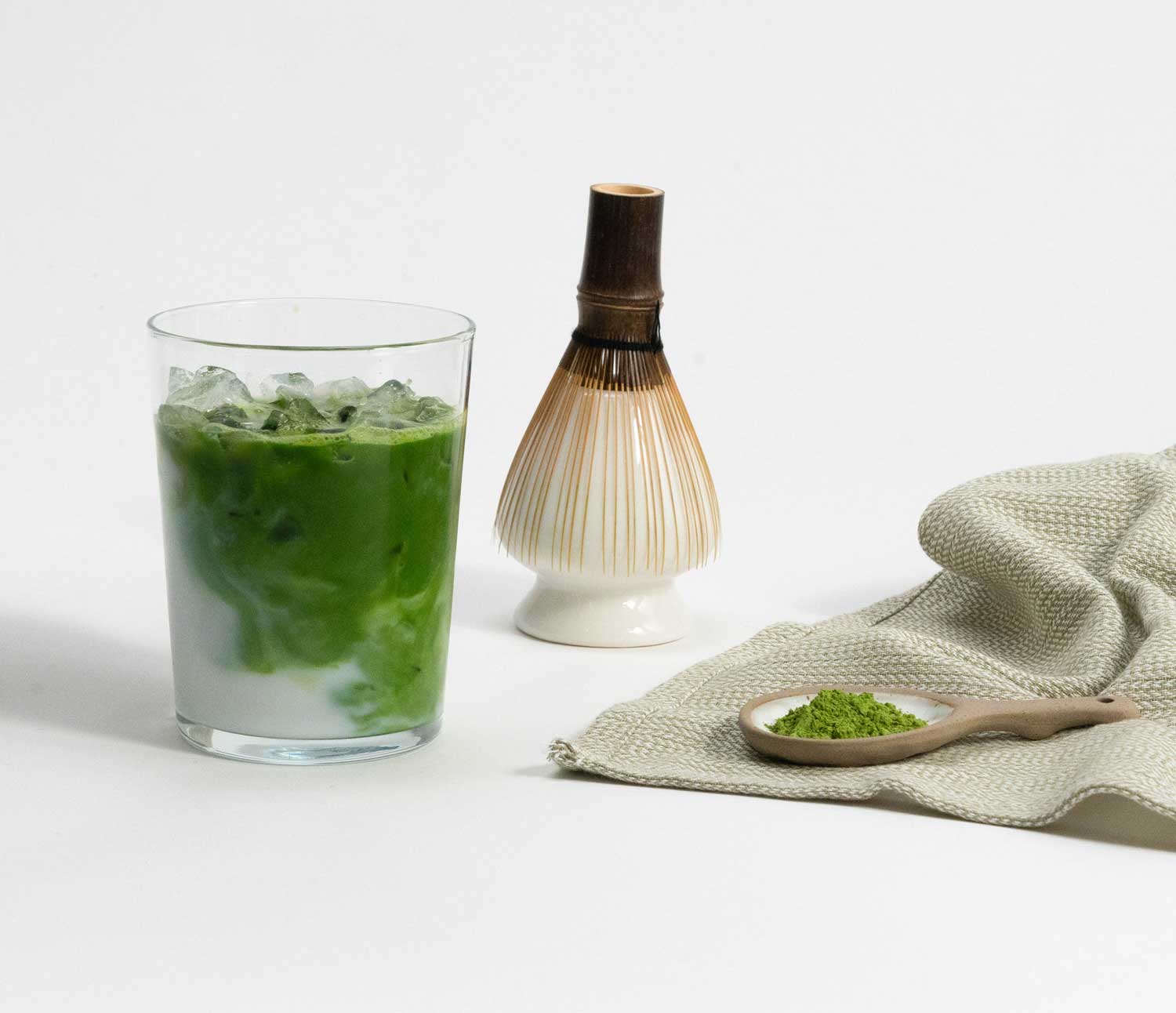
Dein Matcha-Start: Was brauchst du als Einsteiger?
Unser Matcha-Anfänger Guide liefert dir alle Essentials und praktische Tipps für den perfekten Start in die Welt des hochwertigen Bio-Matcha. Erfahre, welche Produkte wirklich wichtig sind und wie du sie...
-

Braucht man ein Sieb für Matcha?
Warum du bei unserem Bio-Matcha auf ein Sieb verzichten kannst und wieso die Qualität der Schlüssel zu einer klümpchenfreien Zubereitung ist.
-
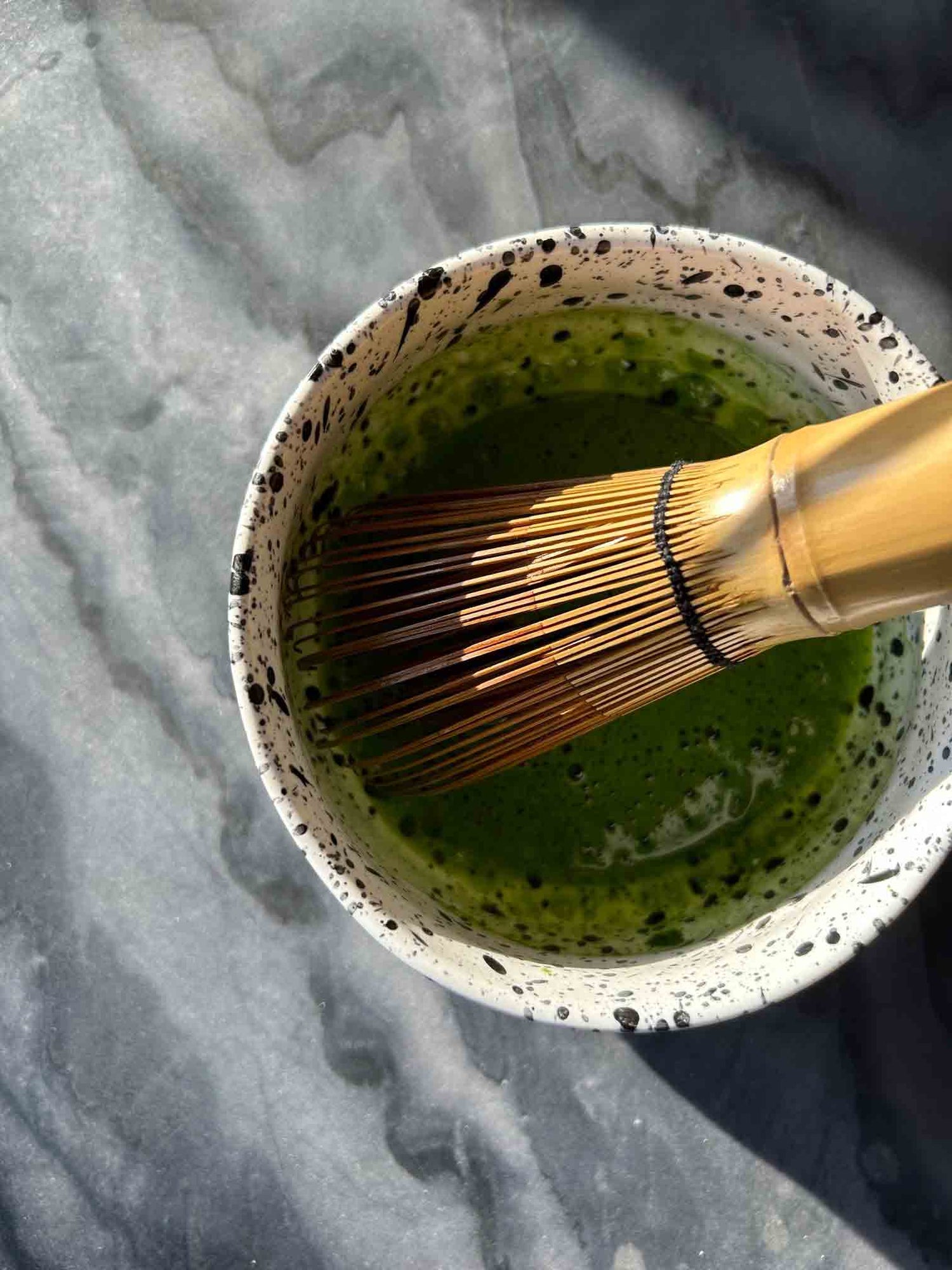
How to properly use the Matcha whisk
A matcha whisk, also known as a chasen, is an essential tool for the traditional preparation of matcha tea. This handcrafted bamboo whisk not only creates the characteristic foam on...




